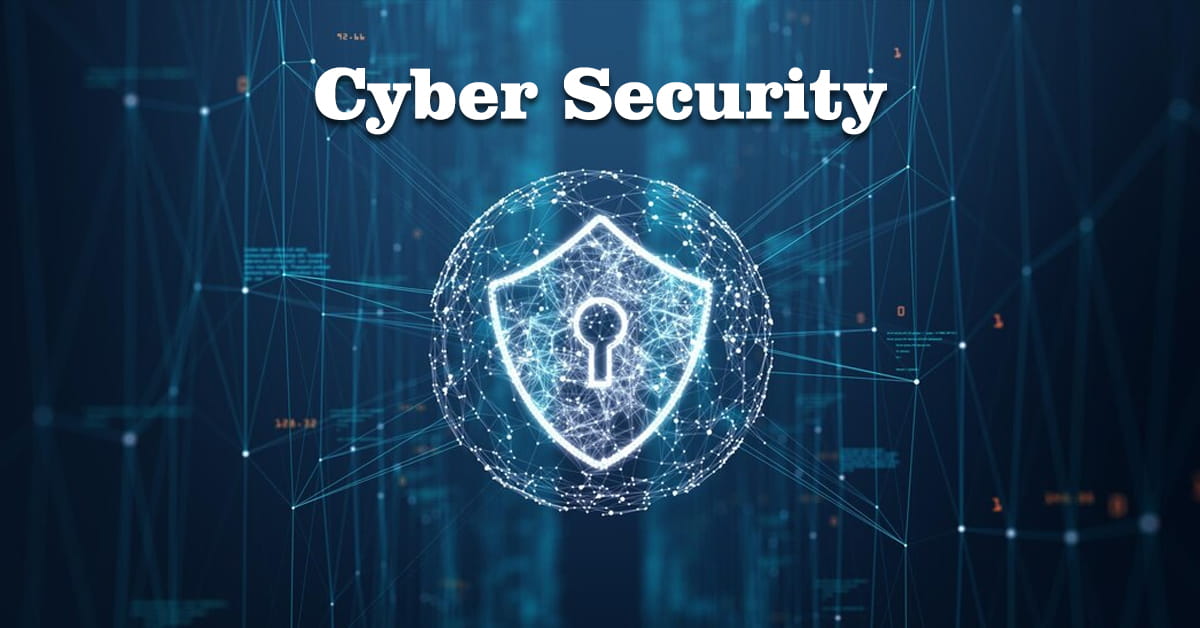Protecting Your Business: The Importance of Cyber Security Services
In today’s digital landscape, comprehensive cyber security services have become an essential pillar for any business aiming to protect its assets and data. With cyber threats evolving at an alarming rate, organizations must prioritize their cyber security strategies to safeguard sensitive information, maintain customer trust, and ensure compliance with regulations. This article delves into the significance of cyber security services, highlighting their benefits, key components, and tips for effectively implementing these services in your organization.

Understanding Cyber Security Services
Cyber security services encompass a range of practices, technologies, and solutions designed to protect computer systems, networks, and data from cyber attacks, unauthorized access, and data breaches. These services are tailored to address specific vulnerabilities within an organization and can include threat detection, risk assessments, incident response, and continuous monitoring.
The Importance of Cyber Security Services
Protection Against Cyber Threats
One of the primary reasons for investing in comprehensive cyber security services is the protection they offer against a multitude of cyber threats. From phishing attacks to ransomware and malware, businesses are vulnerable to various forms of cybercrime. Cyber security services help identify potential threats and implement defenses to mitigate risks, ensuring that your organization remains safe from attacks.
Safeguarding Sensitive Data
Organizations handle a vast amount of sensitive data, including customer information, financial records, and proprietary business data. A breach of this information can lead to severe consequences, including financial loss and reputational damage. Cyber security services work to protect this data through encryption, access controls, and secure storage solutions, minimizing the risk of unauthorized access.
Ensuring Regulatory Compliance
Many industries are subject to strict regulations regarding data protection and privacy. Non-compliance can result in hefty fines and legal repercussions. By utilizing cyber security services, businesses can ensure they meet regulatory requirements, including GDPR, HIPAA, and PCI DSS, protecting not only their data but also their reputation.
Maintaining Customer Trust
Trust is a crucial factor in maintaining customer relationships. A single data breach can erode customer confidence and lead to a loss of business. By prioritizing cyber security services, organizations demonstrate their commitment to protecting customer data, fostering loyalty and trust among clients.
Business Continuity and Recovery
In the event of a cyber attack, having robust cyber security services in place can significantly enhance an organization’s ability to recover. These services often include incident response plans, disaster recovery solutions, and data backups that ensure your business can quickly resume operations after a breach, minimizing downtime and losses.
Key Components of Effective Cyber Security Services
Risk Assessment and Management
Regular risk assessments are essential for identifying vulnerabilities and potential threats. Cyber security services include comprehensive evaluations of your organization’s security posture, allowing you to prioritize areas for improvement.
Continuous Monitoring and Threat Detection
Proactive monitoring is vital for identifying and responding to threats in real time. Cyber security services utilize advanced tools and technologies to continuously monitor your systems for suspicious activity, ensuring swift action can be taken when necessary.
Incident Response Planning
Having a well-defined incident response plan is crucial for minimizing the impact of a cyber attack. Cyber security services help develop and implement these plans, outlining the steps your organization should take in the event of a breach, including communication protocols and recovery procedures.
Employee Training and Awareness
Human error is often a significant factor in cyber incidents. Cyber security services include training programs that educate employees on recognizing threats, practicing safe online behavior, and understanding their role in maintaining security.
Regular Software Updates and Patching
Keeping software up to date is essential for protecting against vulnerabilities. Cyber security services ensure that your organization’s systems and applications are regularly updated and patched to defend against known threats.
Tips for Choosing the Right Cyber Security Services
Assess Your Needs: Identify your organization’s specific security requirements based on the type of data you handle and the potential threats you face.
Look for Expertise: Choose a provider with a proven track record in cyber security services and relevant industry experience. Certifications and partnerships with recognized organizations can indicate reliability.
Evaluate Service Offerings: Ensure the services offered align with your business needs, including risk assessment, monitoring, incident response, and compliance support.
Consider Scalability: Your cyber security needs may evolve as your business grows. Choose a provider that can scale its services to meet changing requirements.
Review Customer Support: Effective customer support is crucial for addressing security concerns and resolving issues promptly. Opt for a provider that offers 24/7 support and clear communication channels.
In an era where cyber threats are increasingly sophisticated, investing in comprehensive cyber security services is no longer optional—it’s a necessity for businesses of all sizes. By prioritizing cyber security, organizations can protect sensitive data, maintain customer trust, and ensure compliance with regulations, ultimately safeguarding their reputation and bottom line. Embrace the importance of cyber security services and take proactive steps to protect your business today